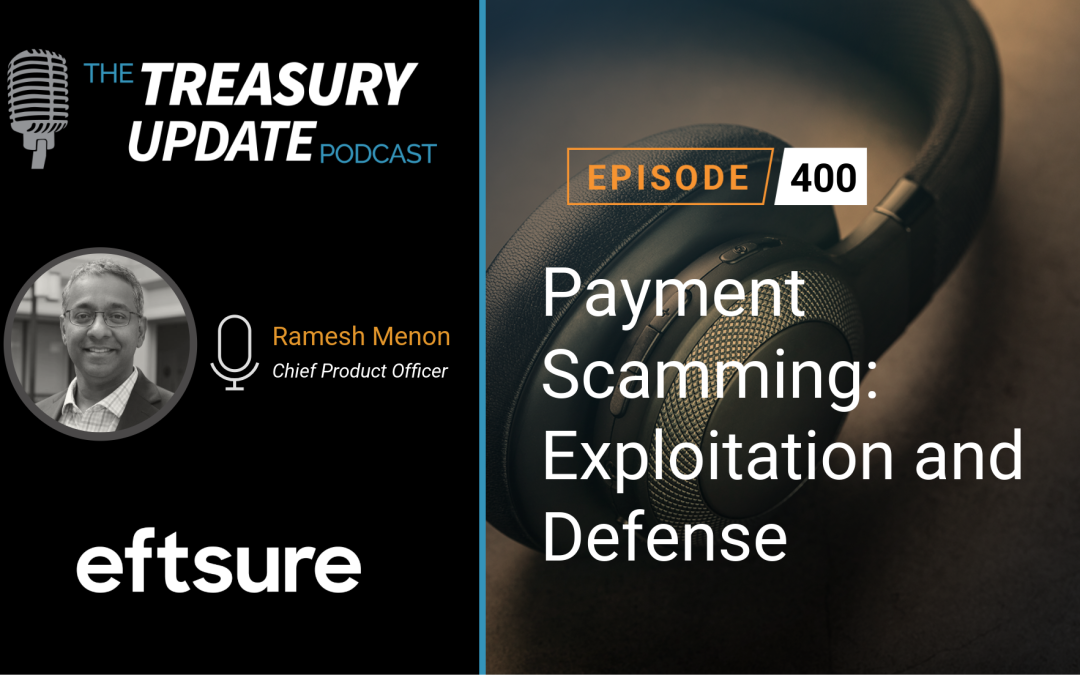
#400 – Payment Scamming: Exploitation and Defense (Eftsure)
In this episode, Craig Jeffery speaks with Ramesh Menon of Eftsure about the industrialization of payment fraud.

In this episode, Craig Jeffery speaks with Ramesh Menon of Eftsure about the industrialization of payment fraud.
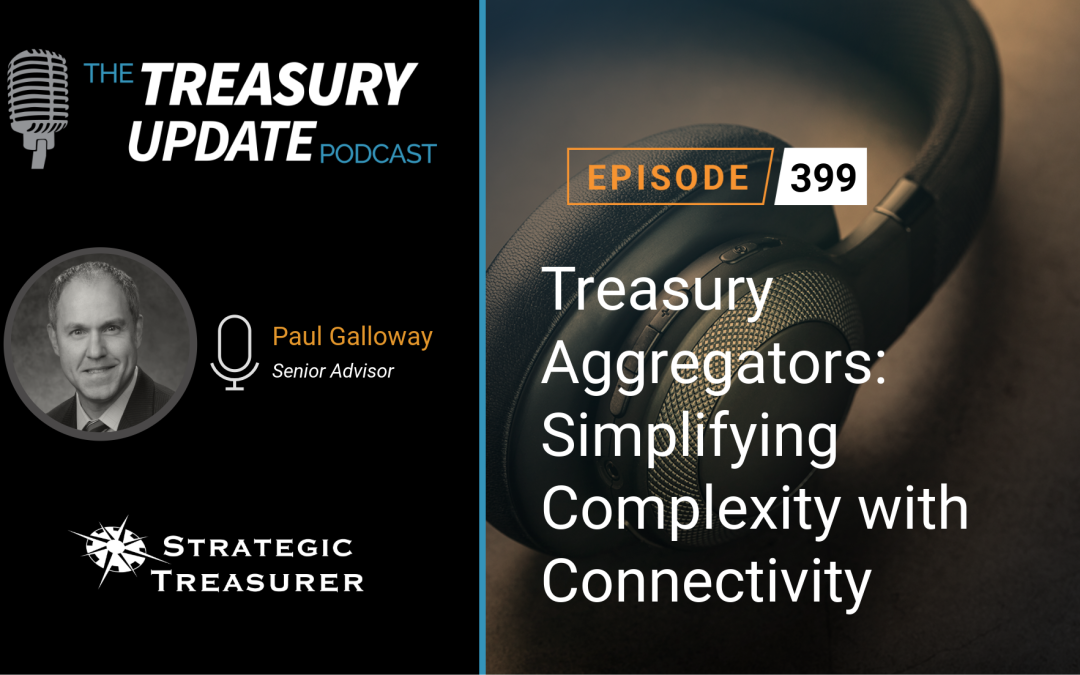
In this episode, Craig Jeffery and Paul Galloway discuss treasury aggregators as part of the 2026 Analyst Report series. They cover what these platforms do, how they enable bank connectivity, payment processing, and visibility, and what makes them essential for organizations facing increased scale and complexity.
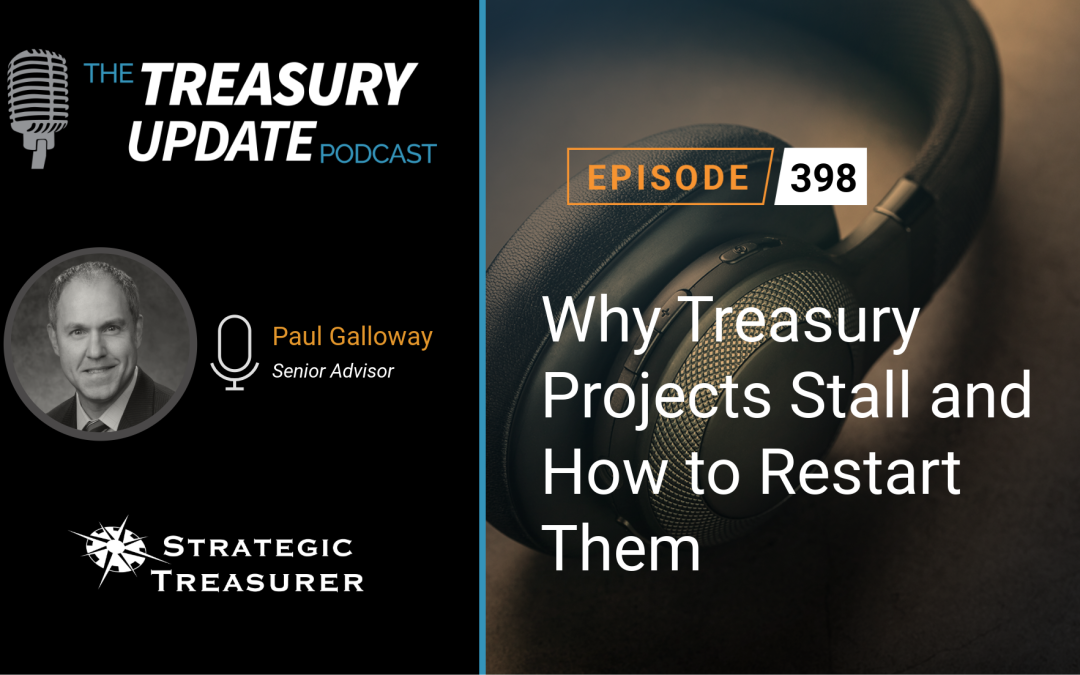
In this episode, Paul Galloway of Strategic Treasurer discusses why treasury projects stall internally. He explores common causes such as scope creep, system connectivity challenges, competing priorities, staffing changes, and M&A activity. The discussion also outlines how stalled initiatives should be framed with executives and what it takes to successfully restart a paused project.
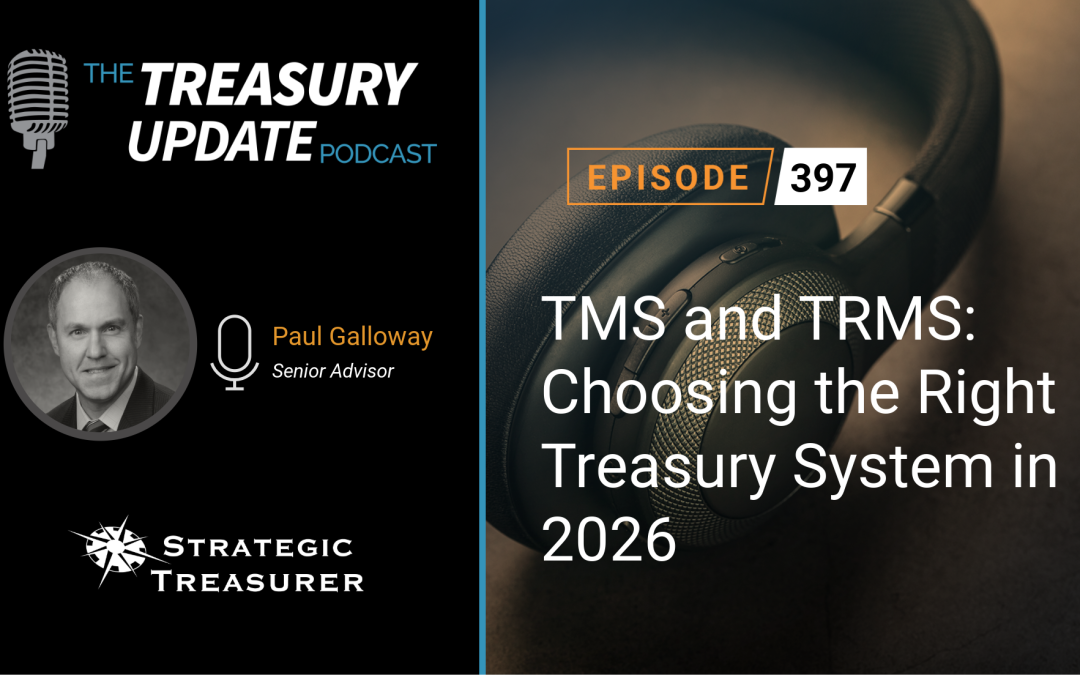
In this episode, Paul Galloway interviews Craig Jeffery about treasury and risk management systems. They define core TMS functionality, explore when organizations should invest in one, and review emerging technologies shaping future platforms, like AI, APIs, and cloud-native architecture.
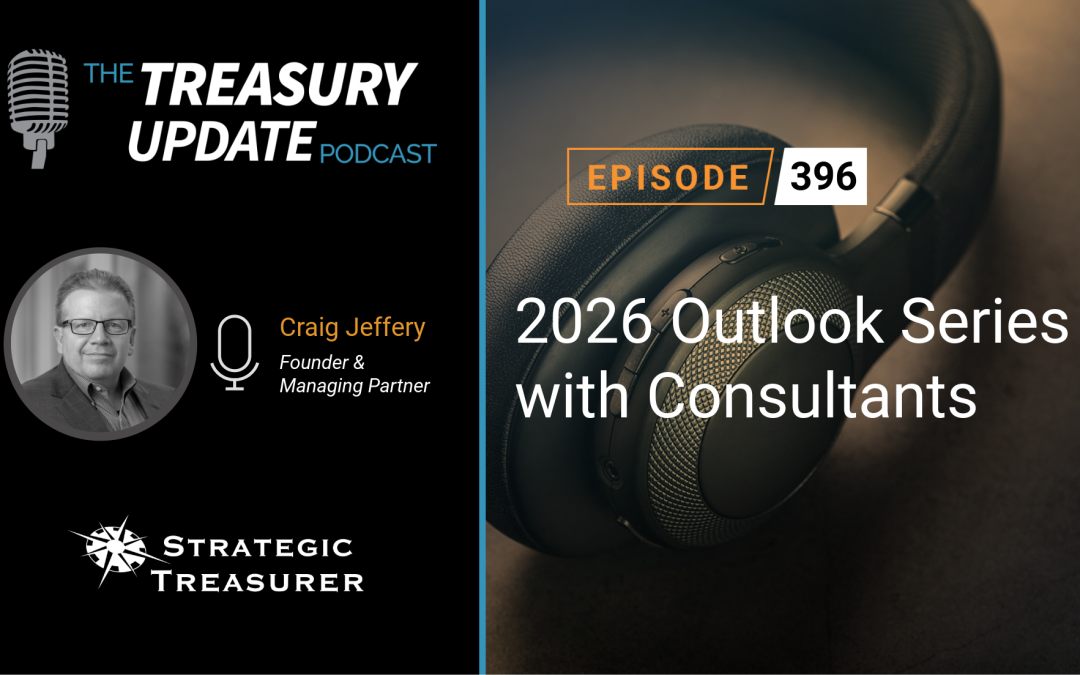
In this episode, Craig Jeffery speaks with Craig Callé of Source Calle and Paul Galloway of Strategic Treasurer to explore what treasurers should prioritize in 2026. Topics include the GENIUS Act and stablecoin adoption, rising fraud risks, global economic uncertainty, AI governance, and third-party risk. They also offer key recommendations for scenario planning and operational resilience.